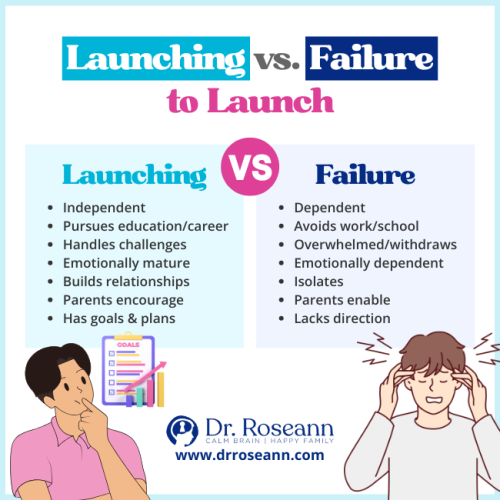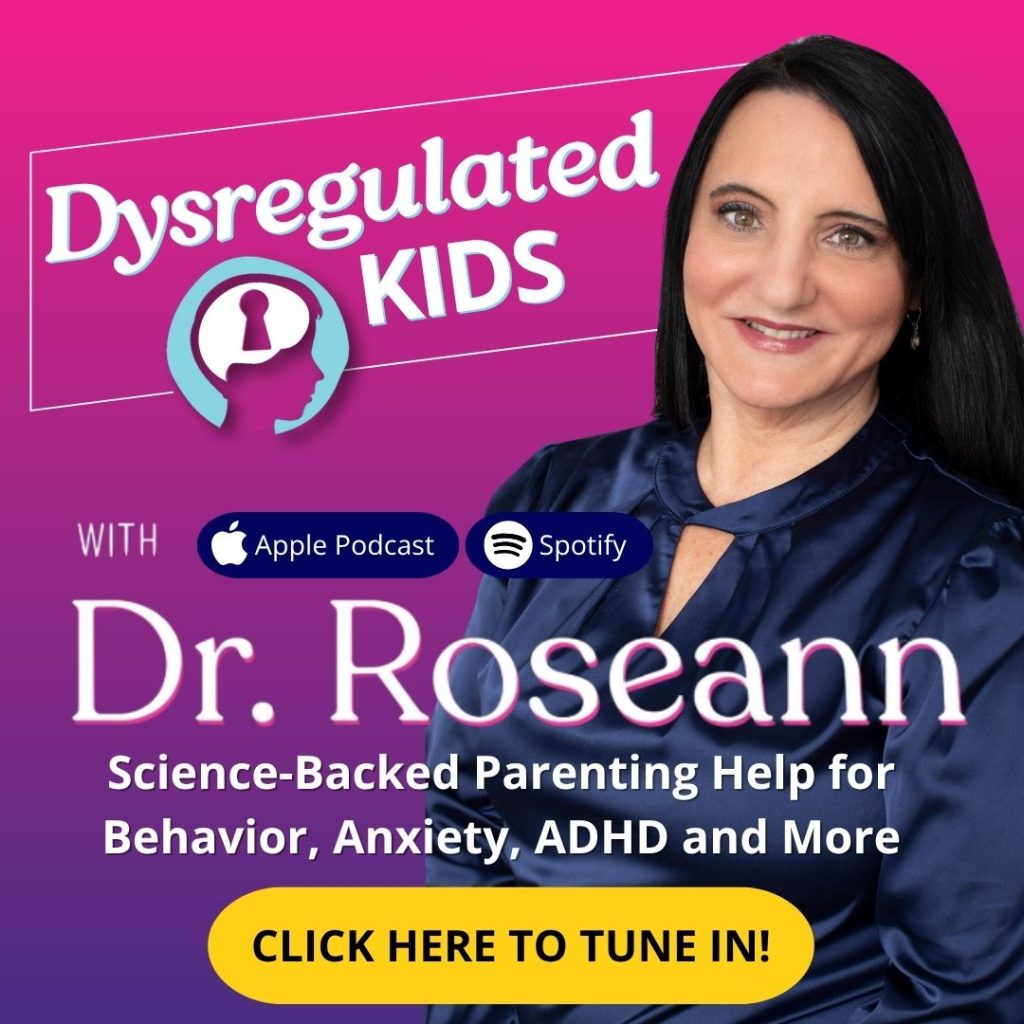If your adult child feels frozen between adolescence and adulthood, this article uncovers the signs, causes, and ways you can help them “launch,” gently but firmly.
Watching your adult child struggle with independence can leave you feeling powerless, frustrated, or deeply worried.
In this blog, you’ll learn what adult child syndrome (also known as Failure to Launch Syndrome) really is, how to recognize 11 warning signs, what might cause it, and compassionate, practical steps for parents who want to help—not control.
What is Adult Child Syndrome / Failure to Launch Syndrome?
“Adult child syndrome,” often referred to as Failure to Launch, describes when a young adult (typically late teens into their 20s or early 30s) is significantly delayed in taking on developmental milestones of independence. They may still rely heavily on parents for emotional, financial, or logistical support long past the point where most peers have moved forward.
- It’s not a formal medical diagnosis. It’s a pattern of behaviors and dependency.
- It often overlaps with conditions like ADHD, anxiety, depression, autism, or other mental health challenges.

Common Causes of Failure to Launch
Understanding why your adult child might be stuck is the first step toward helping. Below are some frequent contributing factors. Often more than one is in the mix.
- Mental health challenges (anxiety, depression, OCD, ASD, ADHD) that make taking steps feel overwhelming.
- Lack of executive functioning skills — organizing tasks, planning, managing time, following through.
- Parental enabling / accommodating — doing things for the adult child that they could do themselves, avoiding discomfort or failure.
- Economic and social pressures — high cost of living, student debt, competitive job markets, fewer “launching” safety nets.
- Trauma or developmental disruption — past adverse experiences can make change feel unsafe or unpredictable.
11 Warning Signs Your Adult Child Has Failure to Launch Syndrome
Here are key signs to watch for. If many feel familiar, you might be facing adult child syndrome. Each sign comes with what that might look like in day-to-day life.
| # | Sign | What It Looks Like |
|---|---|---|
| 1 | Still financially dependent | Relies on parent(s) for rent, bills, or daily expenses well past expected age. Avoids job, or works minimal hours without moving toward self-sufficiency. |
| 2 | Avoidance of responsibility | Doesn’t help with chores, avoids scheduling their own appointments, often misses deadlines or forgets commitments. |
| 3 | Lack of motivation or drive | No clear goals (school, career, relationships), seems stuck. Might say, “I don’t know what I want,” or “Why bother?” |
| 4 | Poor executive functioning | Struggles with planning, organization, time management; procrastinates; loses things; chaotic routines. |
| 5 | Low distress tolerance / emotional dysregulation | Gets overwhelmed easily, bursts into anger or crying, avoids stress, shuts down rather than cope. |
| 6 | Social isolation | Few meaningful friendships, retreats into gaming, social media; rarely goes out or engages socially. |
| 7 | Avoiding life transitions or stepping outside comfort zone | Won’t try new jobs, resist living on their own, decline opportunities that feel risky—even small ones. |
| 8 | Dependency for daily tasks | Needs help for things many adult peers handle: cooking, cleaning, hygiene, budgeting. |
| 9 | Feeling stuck, directionless | No plan for future, stuck in same routines, peers seem to move ahead and they feel left behind. |
| 10 | Blaming others or sense of entitlement | “It's not fair,” “No one helps me,” or strong expectations that things should be eased for them. |
| 11 | Underlying mental health or developmental issues | Anxiety, depression, ADHD, autism, trauma – maybe undiagnosed or untreated – contributing to stalled growth. |

When To Seek Professional Help
If several warning signs persist over many months, it’s time to bring in help. These red flags indicate when professional support can make a significant difference.
- The adult child is significantly behind peers in life milestones for two years or more.
- There’s ongoing severe anxiety or depression, or a diagnosis that is not being treated.
- They avoid nearly all responsibilities, isolate themselves almost completely.
- They seem to be very emotionally dysregulated
- Day-to-day functioning is impaired (self-care, eating, sleeping, hygiene).
- Your attempts at setting boundaries or encouraging independence lead to conflict or shutdown.
How To Support Your Adult-Child Toward Independence
Here are science-backed, empathic, action-oriented things you, as a parent, can begin doing today, and over time.
- Calm Brain First: When emotions run high—yours or theirs—pause. Wait until you can speak with kindness, not blame.
- Set Clear Boundaries & Expectations: What help will you continue giving? What must they take on? E.g., “If you live here, you help with X chores, pay Y amount monthly, look for work/skill building.”
- Break Down Goals: Big tasks (getting a job, moving out) often feel overwhelming; help them build smaller weekly, actionable steps.
- Teach Life Skills: Cooking, doing laundry, budgeting, time management. These are not trivial—they’re foundational.
- Use Coaching or Therapy: Executive functioning coaching, CBT (Cognitive Behavioral Therapy), DBT, trauma-informed therapy can help if mental health or skills are part of the block.
- Support, Not Rescue: Step back from doing things for them. Let them experience discomfort and even failure—these build resilience.
- Celebrate Small Wins: Every progress, even small, is meaningful. Did they pay their part of bills? Send job applications? Cook a meal? Acknowledge.
Summary & Next Steps
You’re not alone. Recognizing adult child syndrome and those 11 warning signs is the first brave step. It’s not bad parenting—it’s often a dysregulated brain combined with life pressures and missing supports.
What to do next:
- Pick one or two warning signs that feel the most urgent.
- Talk with your child from a place of care, not blame.
- Begin small: set a boundary, teach one life skill, make one goal together.
- Seek outside help (therapy, coaching, mental health evaluation) if signs are severe or prolonged.
You are doing important work. It’s gonna be OK.
FAQs
What is the difference between normal young adult “lag” and Failure to Launch Syndrome?
Many young adults take time to land in their careers, relationships, or living situation—that’s expected. Failure to Launch becomes worrisome when dependency is long-term, motivation is low, and underlying mental health or skills deficits are unaddressed.
Can underlying diagnoses like ADHD, anxiety, or ASD cause Failure to Launch?
Yes. These can be major contributors by making routine tasks, decision-making, or change overwhelming. Treating or accommodating these needs is often essential to progress.
Will setting strict consequences harm my relationship with my adult child?
Boundaries done with kindness and clarity tend to help more than they hurt. It’s about raising the floor—not punishing. When combined with warmth and support, boundaries build trust, not division.
How long does it take for an adult child to “launch”?
There’s no fixed timeline. Some make steady gains in a few months, especially with therapy or coaching. Others take a year or more. The pace depends on the severity of issues, level of support, and willingness to engage.
What if I feel guilty or helpless?
These feelings are normal. You are navigating a complex situation with love. You’re not alone. Seek your own support (parent groups, therapy) so you can stay steady and calm—for both you and your child.
Citations
Lebowitz, E. R. (2016, February). “Failure to launch”: Shaping intervention for highly dependent adult children. Journal of the American Academy of Child & Adolescent Psychiatry, 55(2), 89-90. https://doi.org/10.1016/j.jaac.2015.10.014
Merten, M. J., Wickrama, K. A. S., & Lee, T. K. (2018). Adults who co-reside and the young adulthood factors that lead to the failure to transition to residential independence. Research in Social Stratification and Mobility, 55(Supplement C), 1-14. https://doi.org/10.1016/j.rssm.2018.03.005
Berger, U., & Lebowitz, E. R. (2022). Parent training for dependent, yet abled, young adults. Bulletin of the Menninger Clinic, 86(3), 249-268. https://doi.org/10.1521/bumc.2022.86.3.249
Dr. Roseann Capanna-Hodge is a licensed mental health expert that is frequently cited in the media:
- Single Care Controlling the uncontrollable: Living with OCD during a pandemic
- Holistic Counseling Podcast: Effective Treatments for OCD
- Epidemic Answers: Neurofeedback for ADHD, anxiety, OCD and mood
Always remember… “Calm Brain, Happy Family™”
Disclaimer: This article is not intended to give health advice and it is recommended to consult with a physician before beginning any new wellness regime. *The effectiveness of diagnosis and treatment vary by patient and condition. Dr. Roseann Capanna-Hodge, LLC does not guarantee certain results.
Are you looking for SOLUTIONS for your struggling child or teen?
Dr. Roseann and her team are all about science-backed solutions, so you are in the right place!
©Roseann Capanna-Hodge










